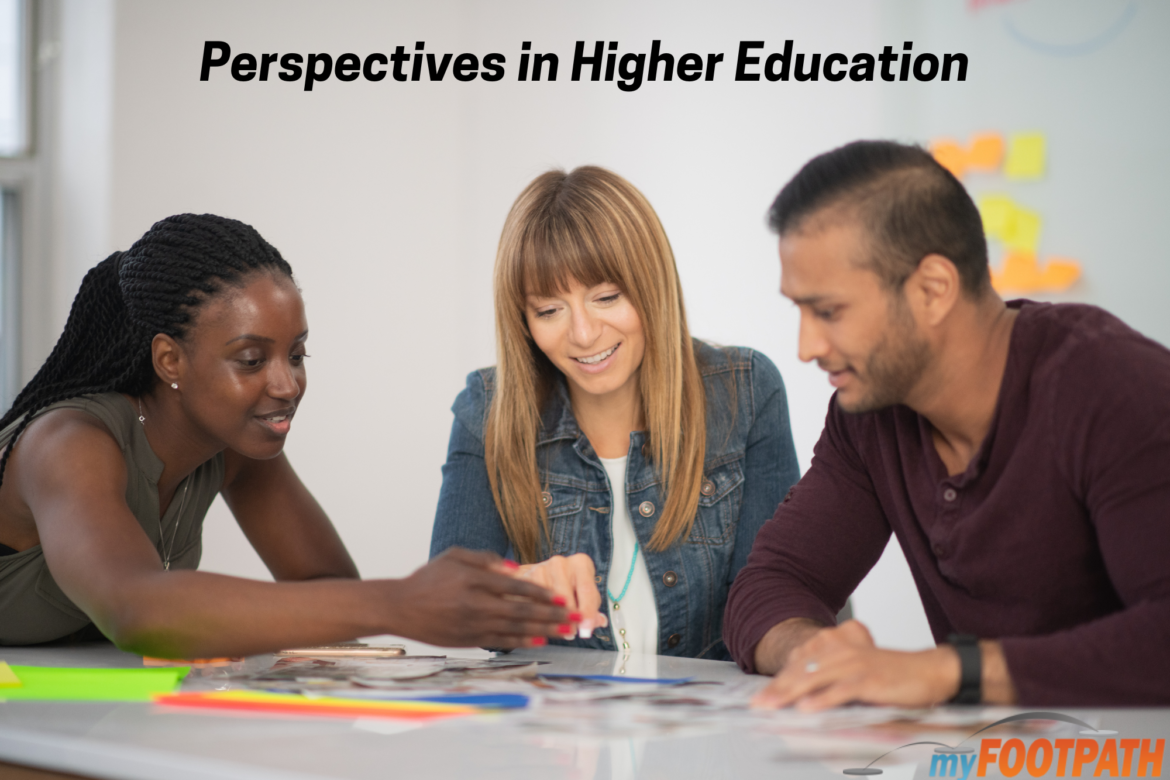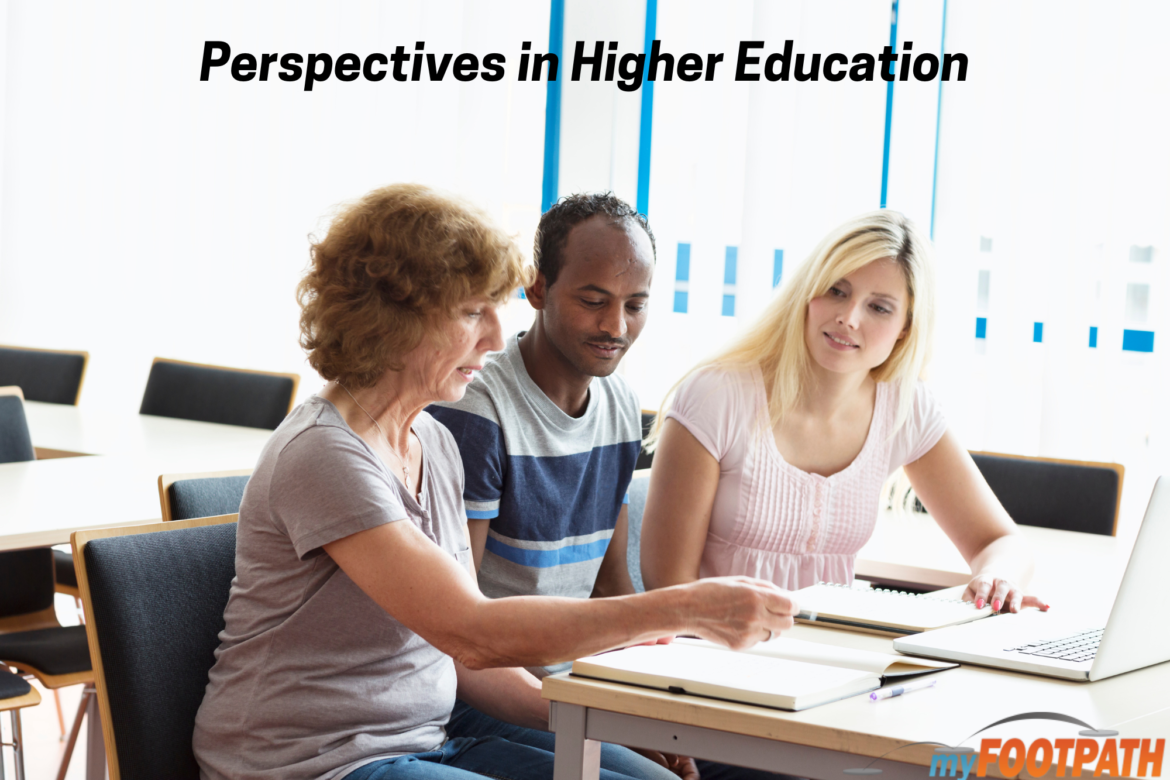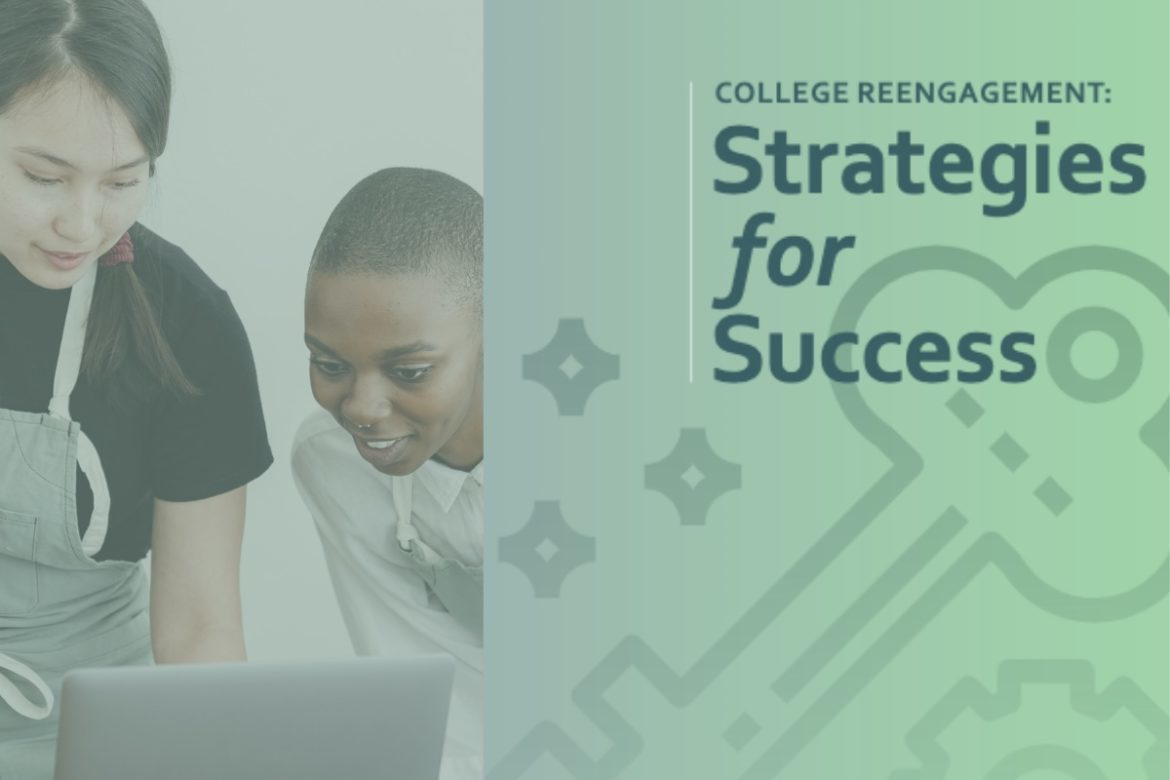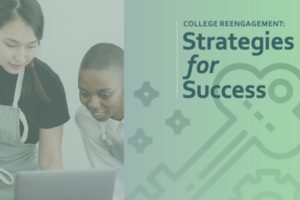Perspectives: Joshua Bedwell
Conversations with higher education leaders about online learning, the future, and the pandemic’s lasting impact on higher education.
An interview with: Joshua Bedwell, University of Central Florida, Assistant Vice President, Marketing Strategy
Joshua Bedwell is a passionate, long-time digital marketer. He has had ever-increasing marketing responsibilities and roles in higher education for the better part of a decade. He is currently leading marketing strategy at the University of Central Florida, a metropolitan research university with over 26 years of experience in digital learning and teaching.
Dr. George Rohde interviewed Joshua as we approached fall 2022. Here are edited excerpts from that interview, with a focus on marketing online education to nontraditional students and reengagement strategies.
Rohde: What strategies does UCF Online use to market online education to students? How has the pandemic affected those strategies?
Joshua Bedwell: Throughout the 26 years that UCF has been offering online learning, we have established a reputation for successfully delivering the high-quality, flexible credentials that students desire today. One of the benefits we pride ourselves on is that all of our fully online students are provided with a full suite of support services and resources throughout their educational journey with us, including direct access to a success coach who guides and supports them from application through graduation.
When it comes to marketing strategies, I often feel we have a strong advantage, as we have a well-established reputation for academic excellence, a strong and growing national brand, and we were early adopters of online and digital education. As such, we lean into our existing brand equity and combine our brand strengths with our online learning experience and service offerings when we go to market, as we aim to bring to life the opportunities students have to access affordable, high-quality degrees no matter where they are located.
When the pandemic hit in early 2020, we continued to see growth and interest in our fully online programs. (Editor’s note: In fall 2019, UCF Online had 5,613 fully online students. In fall 2020, it had 6,646 fully online students.) Because we have such an outstanding reputation in the online learning space, married with our incredibly strong reputation for academic excellence, we were able to continue supporting fully online students and expand our program offerings as market demand for fully online options increased. Our marketing strategy didn’t shift too dramatically as our approach has always been to understand who our audience is and why they seek a fully online degree. Our message, channels, and outreach efforts remained focused on talking to prospective students about the benefits of choosing UCF Online and what we can offer them in terms of support and opportunity.
Rohde: Let’s talk about the nontraditional student. What are their expectations when it comes to online learning, and has the pandemic changed those expectations?
Joshua Bedwell: The nontraditional adult student absolutely has certain expectations about online education — but those expectations have also shifted. Throughout the last couple of years, there’s been a lot more activity online in almost everything we all do, from ordering food to consuming entertainment to connecting with friends and family. More people than ever are both working and learning completely online. The tools we use to connect with individuals and groups online are rapidly becoming more accessible and user-friendly to more populations as well. Fortunately for universities, that increase in digital accessibility is certainly true for online education as well. The adult learner’s expectations surrounding online education have shifted to demand better support throughout their educational journey, from the day they first reach out to connect with a school to the day they graduate and beyond. They expect that they should not only be able to attend university fully online but that it should be flexible and offer the same level of quality and support that in-person students receive throughout their program.
Rohde: What about reengagement? What strategies has UCF deployed to reengage students?
Joshua Bedwell: During the many years of offering fully online learning, we have come to a cognizance of the adult learner, especially when it comes to their needs in this space. When we listen to the needs of adult learners, we really start understanding what it means to be working, have a family, and have other commitments and lifestyle needs that often require attention and focus. Using those learnings, we often approach reengagement as a new starting point through conversations and discussions with students.
Our team of success coaches, for example, work with prospective students to discuss their goals and aspirations, talk about their current life commitments, and help decide if enrolling in university is suitable for them. We’ve found that having genuine conversations with these students about their life circumstances plays an integral role in helping support students throughout their educational journey, and it starts with early communication.
Rohde: What role does online education play in the student population, and how does it affect enrollment?
Joshua Bedwell: Actually, one of my favorite things about working in higher education is witnessing the impact of diversity that comes through online education. Because students can access their education anywhere and at any time, it creates the opportunity to get a degree for a wide range of students. Students who may have limited access to get to a campus can now enroll when they aren’t restricted by their location or having to attend class at a certain time. This can certainly have a positive impact on enrollment, but more importantly, it can really have a positive impact in helping people who otherwise may not have advanced their education. It can help them unleash their own potential by providing them options that open doors to new opportunities, and it can do so while meeting their own current life needs and circumstances.
Rohde: Thank you for speaking with me today, Joshua. On behalf of myFootpath, we’re excited to share your insights with our readers.








 The National Digital Roundtable and myFootpath convened a group of experts to discuss successful reengagement strategies.
The National Digital Roundtable and myFootpath convened a group of experts to discuss successful reengagement strategies. 
